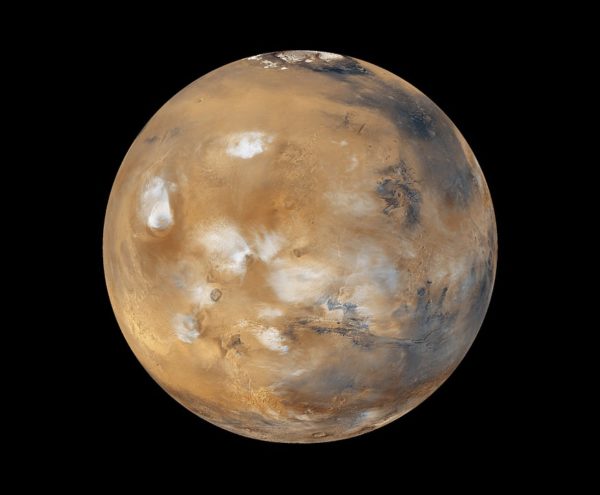A bit of 4-billion-year-old rock blasted off the Martian surface about 15 million years ago and eventually landed in Antarctica, where explorers found it in 1984. In the decades since, organic compounds found in that meteorite have been sources of controversy: Did they come from Mars, or did the meteorites get contaminated on Earth? Now, a team of Japanese researchers has reexamined the meteorites, and say they found traces of ancient oceans, rich in useful carbon and nitrogen — key ingredients for life.
The meteorite, known as Allan Hills 84001, after the location where it was first discovered, has long been known to contain organic materials. The hunk of space rock has been the subject of paper after paper after paper debating whether those materials came from Earth or Mars. There’s even been a controversial claim, as Live Science sister site Space.com reported in 2016, that evidence for actual Martian life is hiding out in the rock.
The trouble was that researchers could never rule out the possibility that organic molecules from Antarctica got mixed up with the meteorites during their centuries locked in ice. Alternatively, the meteorite could have been contaminated with organic matter in a laboratory.
This article was originally posted on Live Science









